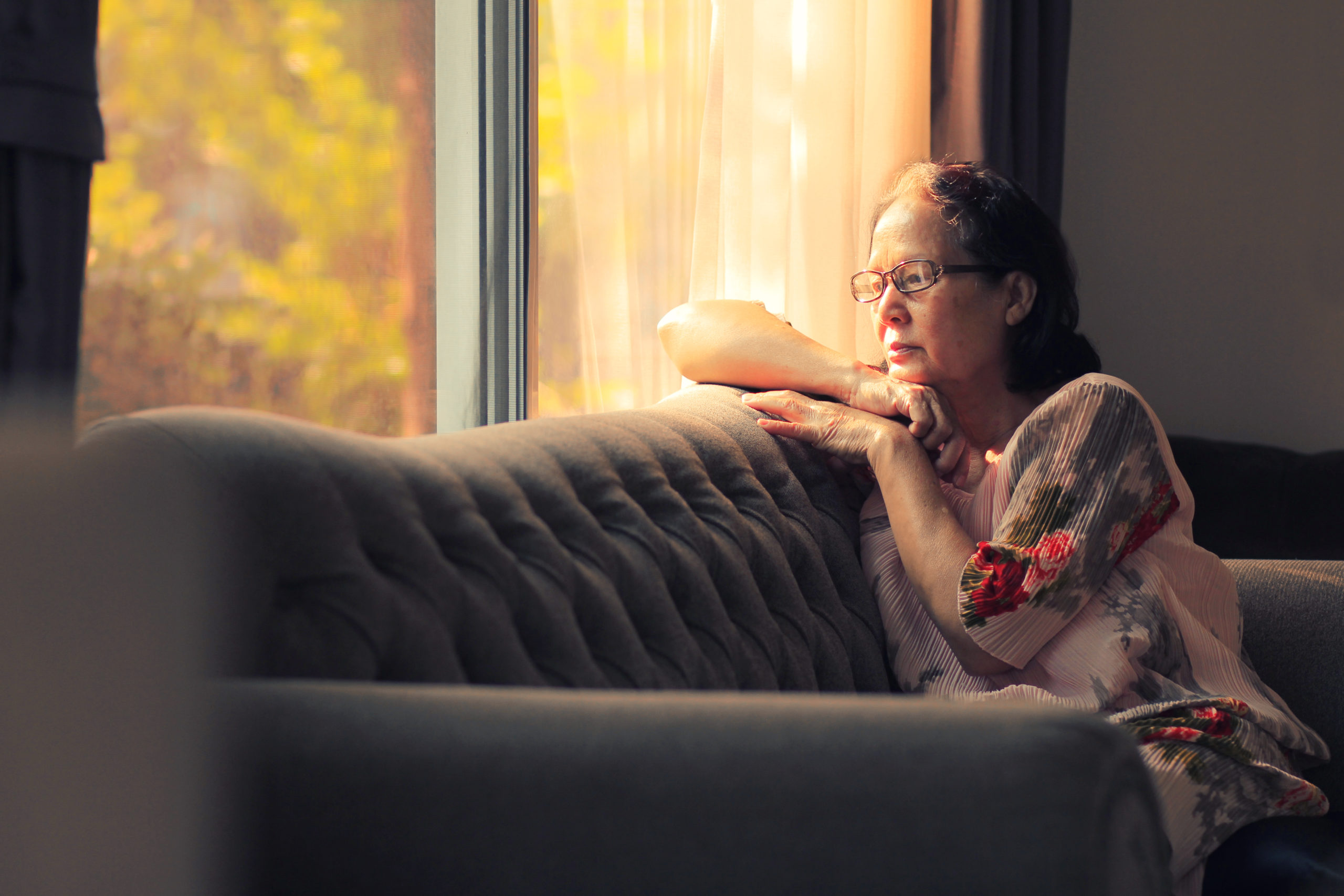
Health Plans Make Sure You’ll Never Walk Alone
Complete Coverage

By: TAHP | Thursday, January 13, 2022
By: Madeleine Richter-Atkinson, Jamie Dudensing
Social isolation, defined as having few relationships or infrequent social contact, was a common experience in the early days of the COVID-19 crisis. But even now, many Texans, including around 25% of the elderly, experience social isolation as a barrier to staying healthy.
Experts agree that as much as 80% of a person’s health is determined by factors outside of direct medical care including conditions in which people are born, grow, live, and work. To encourage better outcomes, health plans are working in communities to help address these factors, including the need for social connection.
More than 630,000 Texans over age 50 don’t have a spouse, partner, or living child — people who often constitute close social connections. But social isolation is not unique to the elderly. Overall, Americans report a 61% rate of loneliness, an experience that includes social isolation. Even before the COVID-19 crisis, 62% of working mothers reported feeling isolated. And younger adults reported feeling lonely at even higher rates — between 71 and 79% — in 2020. It even affects millions of children and can be a precursor to bullying, self-harm, and community violence.
With few people to talk to every day or during major life events, social isolation can take a significant toll on mental health, potentially leading to such mental illnesses as depression. Reliance on alcohol has grown with increased mental stress related to and resulting from social isolation. Additionally, pregnant women who experienced depression due to social isolation were at greater risk for postpartum depression and “impaired mother-infant bonding.”
Due to mental illness and other factors relating to social isolation, such as having no assistance getting to medical appointments or no one to voice concerns about health, those who are isolated experience increased risk for heart disease, stroke, and weakened immune systems — even dementia and inability to recover from cancer. In fact, people between the ages of 45 and 64 who are isolated are 91% more likely to develop dementia than their peers. Additionally, the isolated elderly are more likely to use medications that put them “at risk for cognitive impairment, accidents and drug dependency.”
In a time when we rely significantly on internet services such as video chat, email, and social media to stay connected to those we love, inadequate broadband can be a risk factor for social isolation. That is one of many reasons — including access to telehealth, social services, and critical information — the 87th Texas Legislature opted to expanding broadband throughout the state via legislation backed by TAHP and our members.
Health plans are hard at work to help isolated Texans. In addition to supporting legislation expanding broadband access, health insurance providers reach out to their members and provide benefits that keep them connected to the social support and care they need to stay healthy.
Stay updated on the latest TAHP news

Articles written by TAHP’s team of policy experts that examine the research, trends, and impact of the most important health care policy issues facing Texas and the country today.

Weekly news clips assembled by the TAHP team that highlight the top headlines from the health insurance and health care worlds, as well as important political updates.
